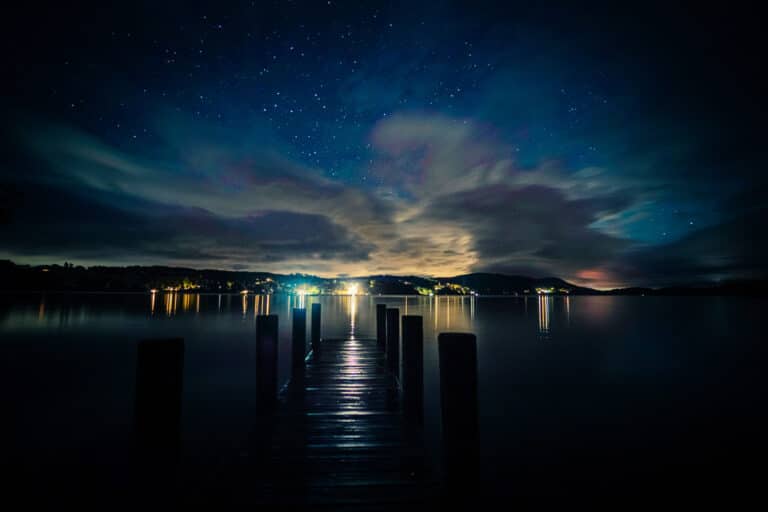You can now submit your application to this summer’s Love Island UK on Tinder
Today, Monday 22 March, Tinder has just announced that for the first time ever, people looking to apply to the UK’s upcoming Love Island season can fast-track their application on the dating app. At the beginning of the month, ITV confirmed that the show would be back this summer after the last two series were cancelled due to COVID-19, but director of TV Kevin Lygo has not yet said where or when it might be filmed. All unanswered questions put aside, we can’t wait to see the new cast, and if you’re up for applying, you might be one of the lucky ones! Here’s how Tinder’s couple up with Love Island will work.
Love Island has not aired in the UK since the show’s first ever winter series, filmed in South Africa, took place early in 2020. “As the COVID-19 crisis began to escalate in March, the summer series was cancelled, followed by the second winter series that was due to be broadcast earlier this year,” reports Sky News. Finally, ITV has confirmed that the seventh series of the show will go ahead later this year, and we’re so excited we could cry.
But that’s not even the biggest news of the week—applying to the show has now been made easier than ever! For the first time, Tinder members can apply for Love Island via the app. If selected, they will be added to a ‘Priority List’ and guaranteed to be seen by the casting team—one step closer to heading to the villa.
From this day, singletons on Tinder can submit their application by making just one Swipe Right in-app, turning their own Tinder profile into their first audition. “Swipe Cards will appear in between Tinder members’ stack of potential matches, so all they need to do is Swipe Right on the Swipe Card and their official Tinder profile will be submitted to the Tinder team for review and verification,” explained the dating app in a statement.
If the profile is then selected by the Tinder team, Love Island contenders will then be contacted via email by the dating app. The email will ask for confirmation of details, and as soon as these are completed and returned, the Tinder member will be added to a prioritised list for the Love Island casting team.
Just like we are, Tinder members are clearly big fans of the show. Mentions of ‘Love Island’ in Tinder bios increased by 30 per cent between the first episode in January 2020 and the final episode in the following month. For those who fancy dusting down their passport and giving themselves a chance of sweet summer loving in the villa, here are Tinder and Love Island’s five top tips to get their profile noticed:
1. Trust in your sauce
When applying for the show, be authentic; show off your unique personality by creating a bio that gives us insight into the real you.
2. It’s all about you
Make sure you upload pictures that best represent you. And by you we mean just you! Ditch the group shots and go solo in front of the camera.
3. Good vibes only
Show off what you love to do in your spare time by telling us about your hobbies and interests, add in your Spotify anthems and generally a bit more about you.
4. Lay it on factor 50
The more you tell us, the more likely you are to get noticed. Make sure you select your ‘passions’ in your profile.
5. Seriously single
We need to see that you’ve been looking for love on Tinder. Have you matched on Tinder recently? If not, get on the app!
Renate Nyborg, EMEA General Manager at Tinder, said: “Bringing together the world’s most popular dating app and an iconic dating show is the perfect match! Tinder has the UK’s widest and most diverse community of singletons, so as this long-awaited dating season heats up, being on Tinder can change everything… Whether that’s sparking new connections, or kicking off your journey to the Love Island villa!”
This kicks off a broader commercial partnership where Tinder will have access to ex-islanders, including exit interviews. These interviews will form a series of content titled ‘Tinder calling’ and will be available on Love Island’s YouTube channel as well as other digital and social platforms.
The partnership will also be supported with ad spots including display ads on ITV.com and ITV.com/loveisland and ITV Hub takeovers and digital ads on VOD. Tinder will run sponsored content across all of Love Island’s social channels as well as sponsored content on the Love Island app.
As for those on Tinder, Love Island in-app experiences will be revealed when the show begins! If you already have a Tinder account, you can apply here.






